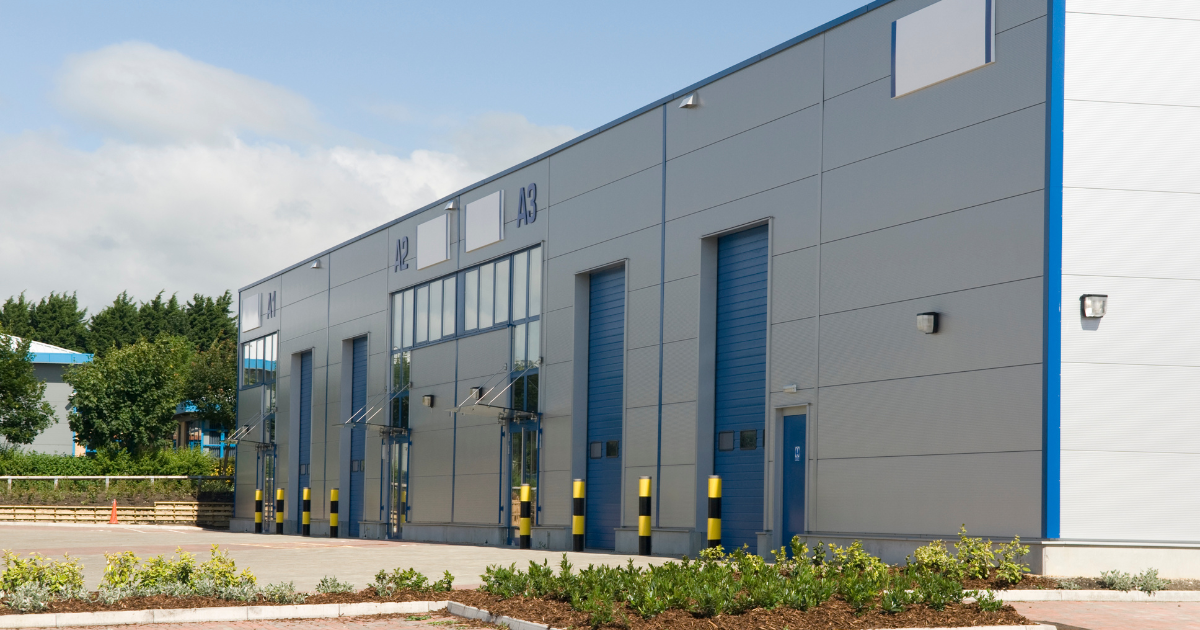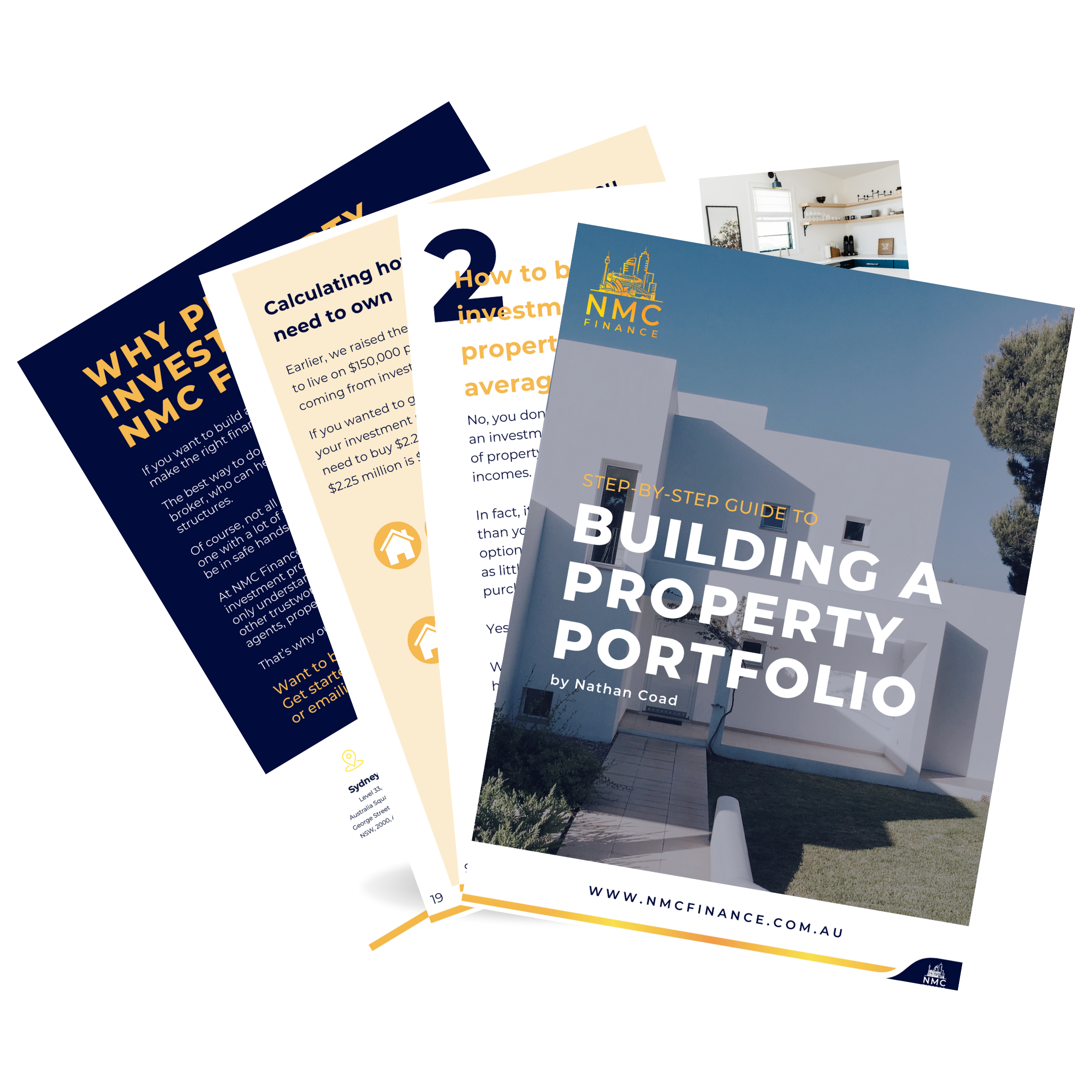As a small to medium-sized business owner in Australia, one of the biggest decisions you might face is whether to buy or lease your business premises.
The right choice depends on your business’s unique needs, your long-term goals, and, of course, your financial situation.
So, let’s walk through the benefits and potential drawbacks of each option to help you make the best decision for your business.
Why buying business premises could be a smart move
Now, let’s dive into some key benefits of owning your business premises. If you’re the type who values long-term investment and control, here’s why buying might be a good option for you:
1. Building equity
Owning your premises is like owning a little piece of your future. With every mortgage payment, you’re building equity—essentially, increasing your net worth.
Plus, if property values go up, your investment grows even more. It’s a way to create a financial safety net while you focus on growing your business.
2. Stability and control
When you own the property, it’s yours. You get full control over what happens within those four walls.
Owning your space also means you won’t have to worry about sudden rent increases or a lease not being renewed—giving you long-term stability.
3. Asset appreciation
Imagine, down the track, being able to sell the property for a nice return—that’s a win-win for both your business and your finances.
4. Predictable costs
If you’ve got a fixed-rate mortgage, you’ll know exactly what your payments will be each month.
This can make it easier to plan your cash flow without worrying about rent hikes, which often come with leasing. Predictability can bring peace of mind, especially when managing business finances.
But there are some drawbacks to consider…
But of course, as with any big financial decision, there are some challenges to consider. Let’s take a look at what could be less appealing about buying:
1. High upfront costs
Buying business premises is a big financial commitment. This could tie up a significant chunk of your business’s cash reserves, which may strain your ability to invest elsewhere.
2. Limited flexibility
Businesses grow, and sometimes they shrink. Owning your premises could limit your ability to relocate quickly if your needs change.
3. Maintenance responsibilities
Owning property means you’re also in charge of maintenance. Leaky roof? You’re the one who has to fix it.
Unexpected repairs can be costly, and that’s an extra layer of responsibility you’ll need to consider if you decide to buy.
4. Market risk
While property values tend to rise over time, there are no guarantees. If the market takes a dip, your premises could be worth less than what you paid. If you need to sell during a downturn, you could face financial losses.
Leasing business premises: The flexible option
If flexibility is more important to you—perhaps you’re not ready to commit long-term or need the freedom to expand or move as your business grows—leasing could be the better fit.
Let’s talk about why leasing might make sense for your business:
1. Lower upfront costs
Leasing requires far less cash upfront compared to buying. Usually, it’s just a bond and a few months’ rent in advance.
This leaves you with more capital to reinvest into the business—whether it’s hiring more staff, marketing, or expanding your product line.
2. Flexibility to move
If your current location becomes too small or too large, or you find a better spot for your customer base, you can move at the end of your lease—no strings attached.
3. Reduced financial risk
You’re not tied to the ups and downs of property values, and major repairs often fall on the landlord. So, you can focus more on running your business and less on property-related headaches.
4. Less maintenance hassle
In most lease agreements, the landlord is responsible for major repairs.
This can help you avoid unexpected expenses and allow you to focus on what you do best—growing your business.
Leasing has its own set of drawbacks, though…
1. You don’t build equity
The biggest downside of leasing? You’re not building any equity. The rent you pay each month isn’t going towards something you own, so there’s no financial gain for you in the long term.
2. Rent increases
Rents can go up—often at the worst possible time for your budget. Lease agreements usually allow for regular rent increases, which can add pressure to your bottom line.
If the market surges, you could find yourself paying more than expected.
3. Limited control
As a tenant, your ability to customise the space is usually limited. Want to knock down a wall or make big changes? You’ll likely need approval from your landlord, which can be a frustrating process.
4. No long-term stability
There’s always the chance that your lease won’t be renewed. If your landlord decides to take back the property, you could have to relocate.
So, what’s right for your business?
At the end of the day, deciding whether to buy or lease business premises comes down to your business goals, your financial situation, and how much flexibility you need.
- If you value stability, want to build equity, and can manage the upfront costs, buying might be the way to go.
- On the other hand, if you prefer flexibility, want to keep more cash in the business, and aren’t keen on the risks of property ownership, leasing could be your best bet.
How a mortgage broker can help
Navigating the world of commercial property—whether you’re buying or leasing—can be complicated. That’s where a mortgage broker comes in. They can help you:
- Assess your financial situation and recommend the best options for your business
- Provide access to a wide range of lenders and lease deals you might not have found on your own
- Assist with negotiating better terms, whether you’re looking to buy or lease
In the end, working with a broker can give you the confidence that you’re making the right decision for your business’s future.
*This blog is intended for general informational purposes only. For personalised advice tailored to your unique financial situation, please contact NMC Finance.

